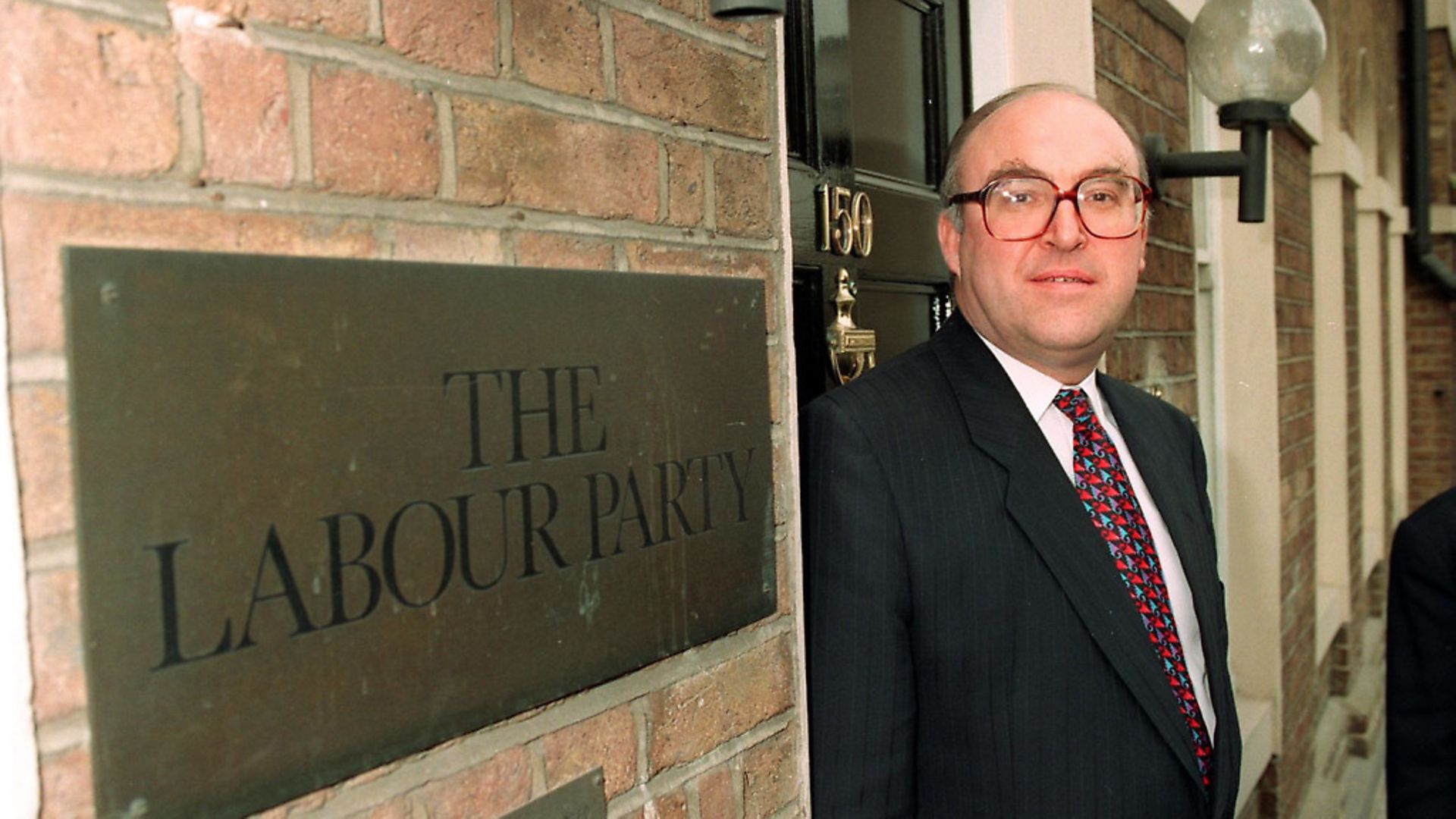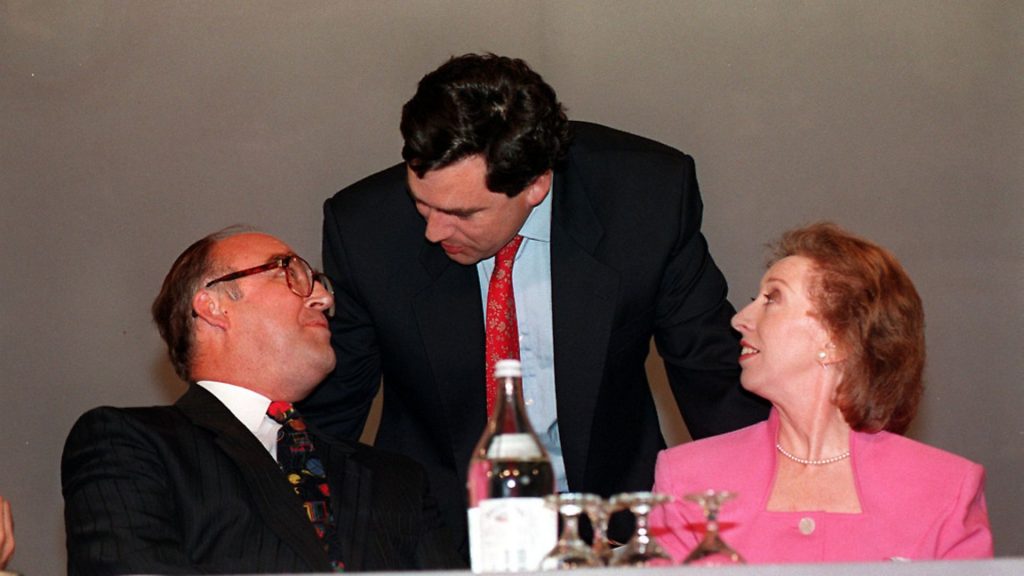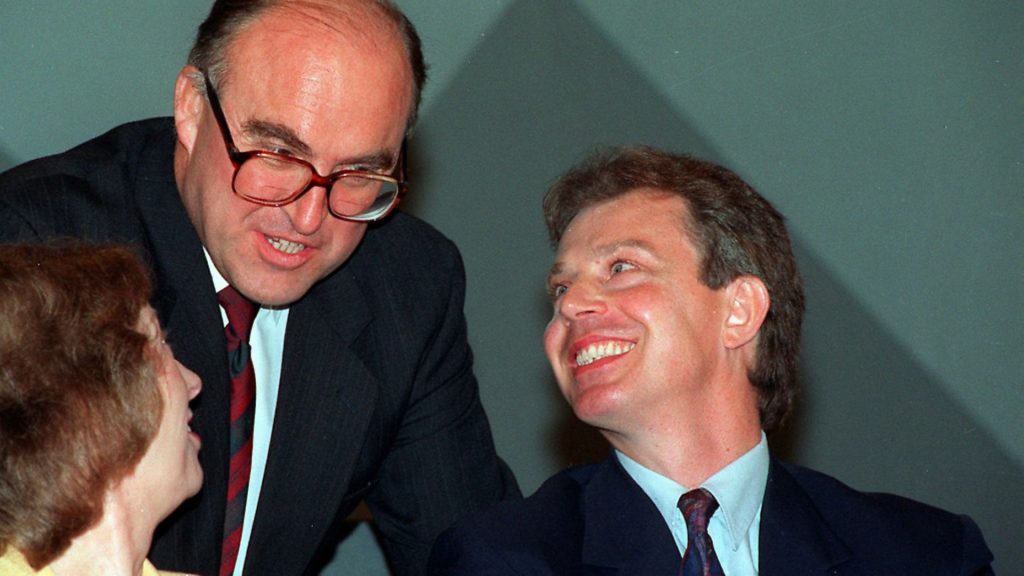
Twenty five years after the death of John Smith, his friend and adviser DAVID WARD considers what he would have made of Brexit.

“The opportunity to serve our country that is all we ask”. These were the words of John Smith in his last speech as leader of the Labour Party given at a European gala dinner on May 11, 1994. His final political act later that evening was a meeting with the guest of honour, Michel Rocard, former French prime minister and leader of the Socialist Party. They discussed the European elections, to be held that June. A week earlier, Labour had done well in local elections winning 40% of the vote and John confidently predicted another strong performance. He was right. The following month, Labour won 42.6% of votes cast, gaining 62 seats – the party’s best ever results in European elections.
Tragically, John never lived to see this outstanding success. He died suddenly, on the morning after that gala dinner, from a heart attack, his death robbing the country of a great future prime minister.
His political career can be said to have begun and ended on the issue Europe. In 1971, as a novice backbencher, he rebelled against the Labour whip for the one and only time, joining 69 Labour MPs voting in favour of membership of the European Community. And 22 years later, having risen to be Labour leader, his parliamentary skill and pro-European convictions came to the fore as Europe again dominated the political agenda.
He put John Major’s government on the ropes over Europe, first in devastating parliamentary attacks on the UK’s forced exist from the exchange rate mechanism on Black Wednesday, in 1992, and then, in 1993, when Labour inflicted parliamentary defeats against the Conservatives’ opt-out of the social chapter of the Maastricht Treaty. Major’s administration survived only by tabling a confidence motion, but his credibility as prime minister was shredded.
There are important lessons to learn from John’s handling of the European issue. Labour could have been as equally divided as the Tories. Dissidents, led by former cabinet minister Peter Shore – including a notably rebellious backbencher Jeremy Corbyn – were irreconcilably opposed to Britain’s membership of the EU. But John minimised internal dispute by taking the unprecedented step of allowing the Parliamentary Labour Party, rather than the shadow cabinet, to determine its Maastricht policy stance ahead of the votes. This self-confident approach won a majority of Labour MPs for ratification. Crucially, it left the Tories looking fatally divided and Labour clear in its support of a radical and progressive agenda for a reformed EU that put jobs and people first.
I worked for John as his policy advisor for eight years until his death. I am in no doubt that he would be deeply saddened by Brexit, angered by the lies told during the referendum and dismayed by the flawed Withdrawal Agreement. Based on countless hours of discussion with him about politics in general and Europe in particular, I think that today he would endorse exactly the position taken by his former deputy Margaret Beckett. Reluctantly, but unequivocally, she now believes that any version of the Withdrawal Agreement should be put to a confirmatory public vote. I listened to Beckett’s superbly argued speeches in the ‘meaningful vote’ debates in the Commons, and without hesitation felt that John would have agreed with every word.
He admired her hard-headed analysis of political issues and was impressed that her early opposition to Britain’s entry into the Common Market had transformed into pragmatic but not uncritical support of our membership of the EU. John was also proud to be a member of the GMB trade union and I think he would fully support secretary general Tim Roache’s advocacy of a People’s Vote, on the well-established trade union principles that negotiated deals on pay and conditions need to be put back to the members for final approval.
Twenty five years on it is clear that John’s leadership, especially his skilful handling of European issues, played a significant role in keeping the Tories out of office for a generation. In the last opinion poll a few days before his death Labour support stood above 45%. He had earned the trust of both Labour members and the public by being clear on his policy commitments. There was no doubt or equivocation about his commitment to full employment, social justice, the national minimum wage, devolution, and, of course, his strong belief that Britain’s future belongs in Europe. And that is why I cannot imagine any possibility that John could ever contemplate supporting any botched backroom deal to facilitate to Brexit and ‘bail out’ the Tories. John was used to winning the argument on Europe. In my heart I am sure that he would be all fired up and ready to go, leading another campaign to persuade the people once again that Britain belongs in a Europe reformed and renewed.
? David Ward served as head of policy to John Smith from 1986 to 1994


Warning: Illegal string offset 'link_id' in /mnt/storage/stage/www/wp-includes/bookmark.php on line 357
Notice: Trying to get property 'link_id' of non-object in /mnt/storage/stage/www/wp-includes/bookmark.php on line 37






